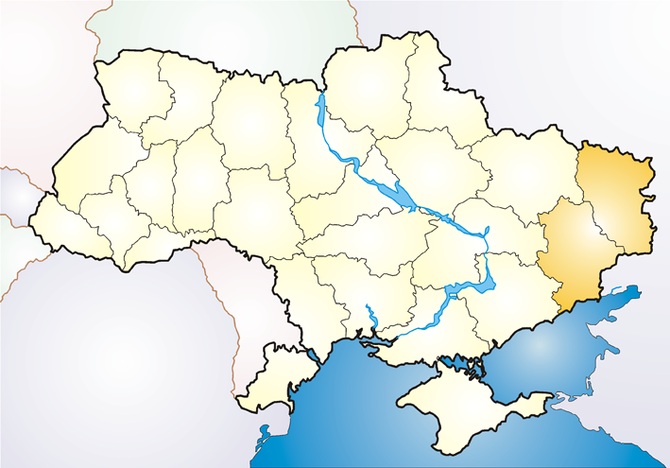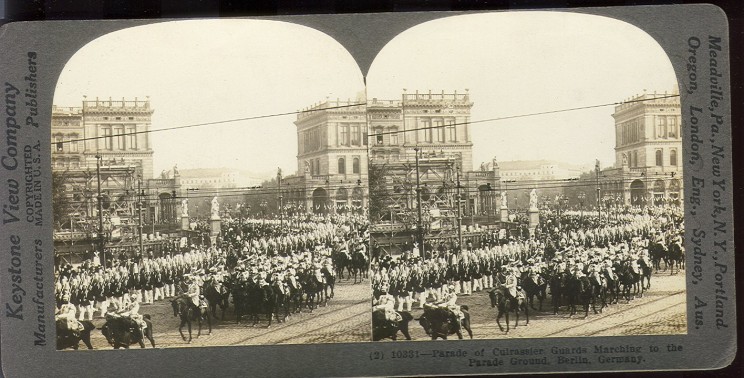
A Split Is Possible Way Out Of Ukraine Crisis +10 comments in the last hour
August 30, 2014
The Shabbos Project countdown commences: First stop, Melbourne!
August 31, 2014Since the outbreak of the First World War just over one hundred years ago, the debate concerning the conflict’s causes has been shaped by political preoccupations as well as historical research. Wartime mobilization of societies required governments to explain the justice of their cause, the “war guilt” clause of the treaty of Versailles became a focal point of German revisionist foreign policy in the 1920s, and the Fischer debate in West Germany in the 1960s took place against a backdrop of the Cold War and the efforts of German society to come to terms with the Nazi past. More recently critics of Sir Edward Grey’s foreign policy, such as Niall Ferguson and John Charmley, are writing in the context of intense debates about Britain’s relationship with Europe, while accounts that emphasise the strength of the great power peace before 1914 are informed in part by contemporary discussions of globalization and the improbability of a war between the world’s leading powers today – the conflict in the Ukraine notwithstanding.
The persistent political backdrop to debates about the origins of the war is evident in the reception of Christopher Clark’s best-selling work, The Sleepwalkers, particularly its resonance within Germany. Clark’s references to the Euro-crisis, 9/11, and the Yugoslav wars of the 1990s, dotted throughout the book, nod to the contemporary relevance of the collapse of the international system in 1914.
While Clark seeks to eschew debates about war guilt or responsibility, preferring to concentrate on the ‘how’ rather than the ‘why’, his conclusion contends that leaders in the capitals of the five Great Powers and in Belgrade bear somewhat equal responsibility for the war. This thesis has attracted considerable attention in Germany, where the last major public reckoning over the origins of the war took place in the 1960s, when Fritz Fischer’s thesis that German leaders planned for war from December 1912 and therefore bore the largest responsibility for its outbreak was the subject of intense and often vindictive debate. Fischer carried the day in the 1960s, but now Clark’s argument, comparative in a way that Fischer did not claim to be, has overturned what appeared to be a publicly accepted orthodoxy.
The centenary debate has also coincided with a particular moment in German political and cultural debate. The post-unification economic slowdown has now given way to a booming economy, while much of the rest of Europe is mired in austerity. In tandem with economic prosperity, German elites are displaying growing political confidence as Europe’s dominant state.
In this context Clark’s thesis about shared responsibility for the war has been read in two ways. One group, whose most notable advocates include Thomas Weber (Aberdeen/Harvard) and Dominik Geppert (Bonn), argue that the ongoing belief in German ‘war guilt’ is an historic fiction that damages both German and European politics. It has contributed to the unwillingness of successive German governments to take on greater leadership within Europe. The marginalization of the German national interest after 1945, they claim, is partly the product of a misinformed reading of history that holds the pursuit of the German national interest as responsible for two catastrophic global conflicts. This has resulted in a damaging approach to European politics, which holds that the national is inherently opposed to the European interest. By neglecting the national interest German leaders are creating instability within Europe and alienating many German citizens from participating in a European project that must take account of national diversity. Hence they welcome Clark’s book and the enormous public interest it has aroused in Germany.

However Clark’s thesis has not met with universal approval. Leading critics include Gerd Krumeich and John Röhl, both representatives of a generation of historians who came to the fore during and soon after the Fischer debate. They criticize Clark for downplaying the responsibility of German political and military leaders for the war, both by stressing the comparatively restrained character of German foreign policy up to the July crisis and by his criticisms of the aggressive nature of Russian, French, and British foreign policy before 1914. Not only do they take issue with Clark’s arguments, they also express concern that the ‘relativizing’ of German responsibility for the outbreak of the war will lead to a recrudescence of a more assertive German nationalism, undoing the successful integration of the Federal Republic into a community of democratic, European nations. From their perspective, a more assertive German nationalism, freed from the historic burden of war guilt, constitutes a potential danger.
The debate blends divergent generational perspectives on German national identity and European politics, as well as different interpretations of the sources and methodological approaches to studying the origins of the war. For the record, this author finds Clark’s account persuasive. On balance there is a greater risk in Germany not playing a leading role in European politics than there is of a re-assertion of a muscular German national interest and identity. Yet both groups may overestimate the significance of the “war guilt” in shaping perspectives in German and European politics. While the centenary has created a privileged space for the first world war in public discussion, the politics of history within Germany remain firmly fixed on the crimes of the Third Reich. When Europeans today think of Germany’s historical burden, they think primarily of the Nazi past. After all, disaffected protesters in countries hit by austerity after 2008 compared current German policies to those of the Third Reich, not the Kaiserreich. Grotesque and unfounded as the comparison was, it was striking that protesters did not think about Wilhelm II. While historians may revise their views of German responsibility for the First World War, no serious historian disputes the primacy of the Hitler’s regime in starting a genocidal war in Europe in 1939.




